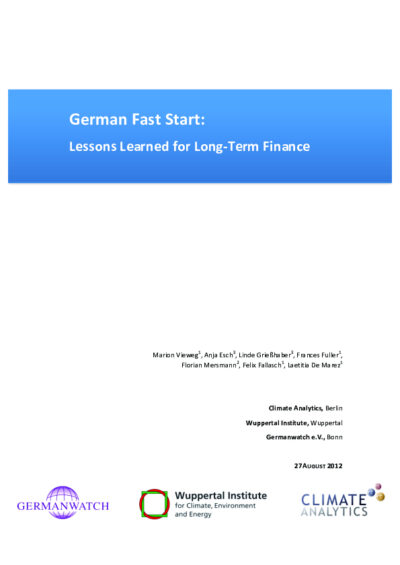Publications
Share

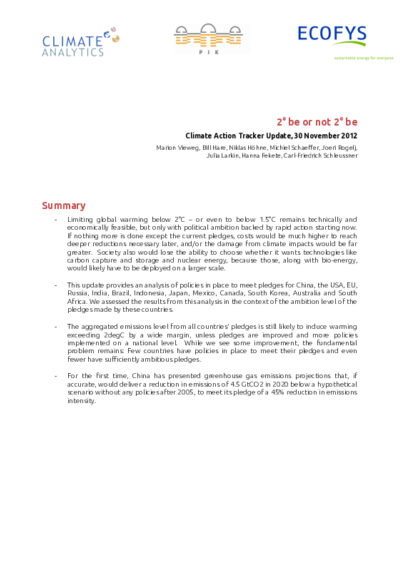
Briefings
Limiting global warming below 2°C – or even to below 1.5°C - remains technically and economically feasible, but only with political ambition backed by rapid action starting now, the Climate Action Tracker said today.
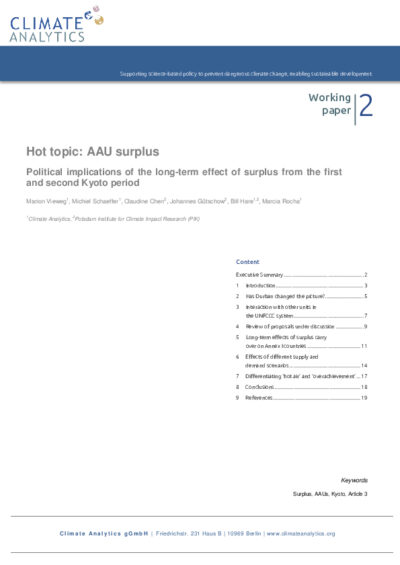
Reports
There is a vast surplus of units in Kyoto's cap-and-trade system. . If no solution for the carry-over of this surplus from commitment period to commitment period is found, countries that have put forward a target for the second commitment period may be under no pressure to deviate from business-as-usual emissions until 2026.
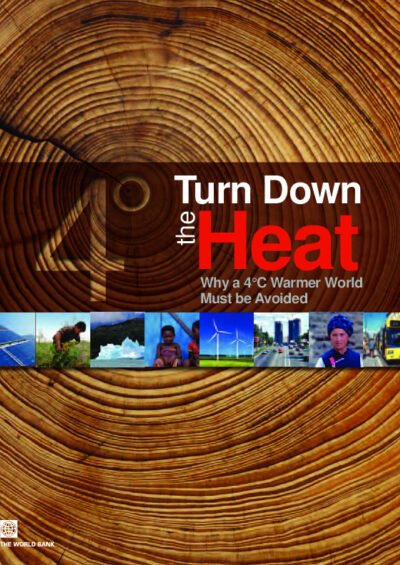
Reports
This report provides a snapshot of recent scientific literature and new analyses of likely impacts and risks that would be associated with a 4°C warming within this century.
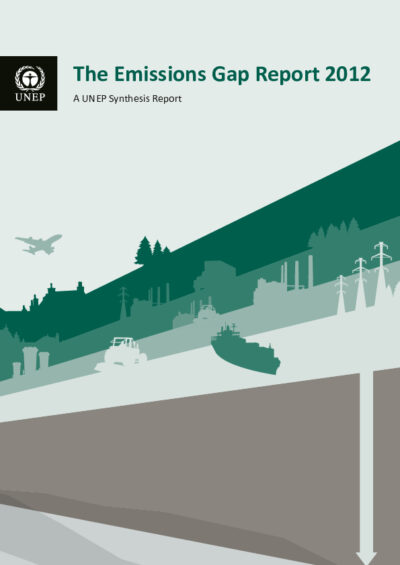
Reports
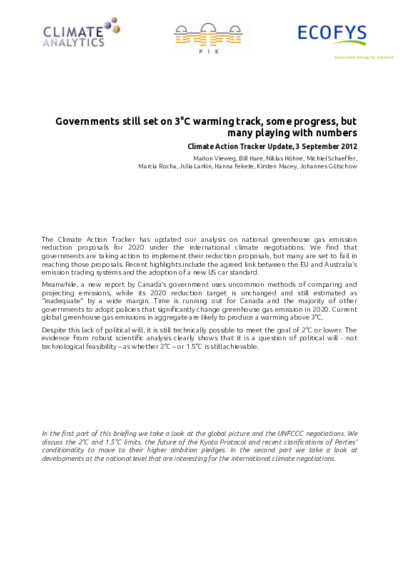
Briefings
The Climate Action Tracker has updated analysis on national greenhouse gas emission reduction proposals for 2020 under the international climate negotiations.
